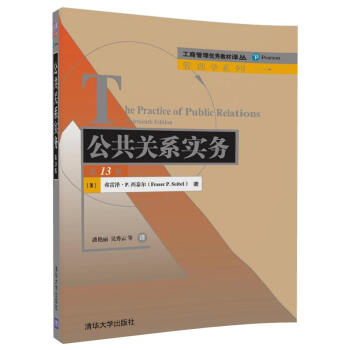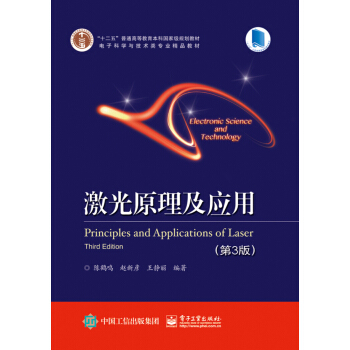![教育学专业英语教程/21世纪高等学校专业英语系列规划教材 [English for Pedagogy]](https://pic.windowsfront.com/11680296/553f1428Nc598d542.jpg)

具体描述
内容简介
《教育学专业英语教程/21世纪高等学校专业英语系列规划教材》在内容编排上力图反映当代教育学的发展趋势与新特征,注重教育学专业知识与英语学习的有机结合,所包括的课文涉及当代教育学的主要方面,不仅注重英语能力的培养,也强调教育学专业知识的传授和技能的训练。《教育学专业英语教程/21世纪高等学校专业英语系列规划教材》除适合高等师范院校本科生、研究生使用外,也可供各级各类教育学院教育学、教育心理学、英语教学法等专业的本科生和研究生学习教育学专业英语之用。此外,对于大、中、小学教师了解教育学理论知识,提高教育学专业英语水平也是难得的参考书。
目录
Unit 1 Origin & History of Education 教育的起源和历史Text A The History of Compulsory Education in Europe
Text B A History of American Higher Education
Supplementary Reading The Origins of Distance Education
Unit 2 Education & Social Development 教育与社会实践
Text A Open and Distance Education:a Better Way of Competence Building and Sustainable Development
Text B Higher Education within a Knowledge-based Society
Supplementary Reading The Global"Imagined Community"——Global Civil Society and International Education
Unit 3 Education & People's Overall Development 教育与人的全面发展
Text A Role of Education in the Developmental Process
Text B Social Skills Development in Primary Education
Supplementary Heading Social Emotional Development:a New Model of Student Learning in Higher Education
Unit 4 Educational System & Educational Law 教育制度与教育法
Text A E-learning and Evaluation in Modern Educational System
Text B Legislation and Equality in Basic Education
Supplementary Reading Major Continuities and Changes in the Basic Education Law
Unit 5 Educational Justice 教育公平
Text A Educational Justice in Schools
Text B Efficiency and Equity of European Education and Training Policies
Supplementary Reading Educational Policy, Housing Policy and Social Justice
Unit 6 Educator & Educational Thoughts 教育家与教育思想
Text A Disciples oi" Confucius
Text B Educational Thought and Teaching
Supplementary Reading "Filling Bellies and Brains" :the Educational and Political Thought of Frederick James Gould
Unit 7 Educational Objective 教育目的
Text A Aims and Objectives of Education
Text B Education, Basics of Education and Educational Objectives
Supplementary Reading Knowing Your Learning Target
Unit 8 Teacher & Student 教师与学生
Text A The Teacher, the Student and the Classroom
Text B Teacher-Student Attachment and Teachers' Attitudes towards Work
Supplementary Reading New Teacher and Student Roles in the Technology-Supported Classroom
Unit 9 School & Family 学校与家庭
Text A School and Family Cooperation Models for Reducing Social Problems
Text B The Effects of Family, School, and Classroom Ecologies on Changes in Children's Social Competence and Emotional and Behavioral Problems in First Grade
Supplementary Reading Parent Teacher Communication:Tips for Creating a Strong Parent Teacher Relationship
Unit 10 Moral Education 道德教育
Text A Education as a Moral Enterprise
Text B Moral Education of Youth in the Information Age
Supplementary Reading Moral Education and Improvement of Coexistence in Spain
Unit 11 Extra-curricular Activities 课外活动
Text A Extra-curricular Activity and the Transition from Higher Education to Work
Text B Extra-curricular Physical Activity and Socioeconomic Status in Italian Adolescents
Supplementary Reading Discussion and Conclusion of Correspondence Hypothesis
Unit 12 School Management 学校管理
Text A What is School-based Management?
Text B Comparative Case Study on School Management Practices in Two Schools in the United States and Turkey
Supplementary Reading Evaluating School-based Management
Unit 13 Teaching Methods 教学方法
Text A Refuting Misconceptions about Classroom Discussion
Text B Brainstorming:a Creative Way to Learn
Supplementary Reading Learning Styles and Teaching Styles
Unit 14 Materials & Test 教材与考试
Text A Materials and Media
Text B In Defense of Teaching" Outdated" Material
Supplementary Reading Using Examinations and Testing to Improve Educational Quality
Unit 15 Educational Evaluation 教育评价
Text A Integration of Technology and Educational Assessment
Text B Sustainable Assessment and Evaluation Strategies for Open and Distance Learning
Supplementary Reading Broadening Our Approach to Teaching Evaluation
Keys to Exercises 练习答案
References 参考文献
精彩书摘
《教育学专业英语教程/21世纪高等学校专业英语系列规划教材》:The aim of the essay is to prove that the implementation of a program for moral education through the use of new technologies enhances the social values for the coexistence of adolescents in secondary education classrooms. In order to confirm the hypothesis,a quasi-experimental methodology has been set out,with the design of non-equivalent groups,and with a pre-and post-test assessment. A manipulation and control of variables through the assignation of an experimental and a control group has been carried out. Likewise,interfering variables that could affect the studied dependents will be considered to prove the impact of the program,diverse instruments of assessment were applied.ln this paper,we present the results obtained in the questionnaire on socio-personal values.
We worked with a total of 50 students,of which 12 belong to the experimental group that was selected by the punctuations that had been granted to them as they participated in the different activities of the program.
The implemented program is called VES(values in situation, " Valores En Situaci6n"). Its starting point is the everyday life of the secondary school and the acknowledgement through an express congratulation in a blog because of having performed actions or positive conducts that reflect one of the values. Taking these actions into account,we put forward the theory about that value and questions to encourage the reflection and participation in the comments on the blog. The duration was 9 weeks, working in each one of them with a different value.
Participants expressed a more favorable opinion in the post-test about the suggested statements.ln this way, people who were more involved in the program show results denoting that they had a greater capacity to recognize their own success. On the other hand,a person who is grateful for a favor done is somebody that has developed empathy,being this one of the most worked values in the program. The capacity to give thanks, kindness, education and good manners were favored. Moreover, a positive influence of the program on the perception of the value of "justice" is observed. Finally, the sense of respect and solidarity was stressed and the students interiorized these values. This is made obvious,because those who were more involved in the program agreed more in that helping others is satisfactory and that respecting others avoids problems and makes life nicer.
Prior results have allowed US to state that the application of specific programs in order to improve coexistence through the development of socio-personal values offers indications of positive results in compulsory secondary school students.
Studying school coexistence to find models of intervention and consolidated research constitutes an important challenge due to that it is a field of research relatively new and is of great concern in present-day society. As stated by Ortega(2006) ,it has been studied in Spain for barely 20 years. This previous research made it possible to structure some of the approaches,methods and strategies implemented nowadays to deal with this problem.
In this sense,we chose moral education as strategy to enhance coexistence. It is complex to visualize " moral education" from the perspective of intervention as we place ourselves in a field dealt with by literature,philosophy,and even politics.ln spite of this, a psico-pedagogic approach has tried to be developed,so as to allow implementing a program of educational intervention.
To contextualize this intervention in our present society,we introduced the strategy and medium given by ICTs. In a society of knowledge and information,and working with adolescents,we find that ICTs not only offer a great motivational potential but also are structuring the thought and learning of the students,as well as transmitting knowledge in an attractive and creative way. These characteristics positively influence the attitudes and the feelings of the subjects in whose personality,when they do not forget the pedagogic objectives,knowledge is more easily integrated.
After the application of the program,we can conclude that reflection and moral learning has been encouraged to achieve the improvement of coexistence,even when statistically significant differences were not obtained in the coexistence variable,as they were obtained in that of socio-personal values. This data allow us to consider that the objectives of the program referred to moral education were achieved. Possibly,if a more extensive program were developed,with a greater implication of the whole education community,the results would be promoted as well.
……
用户评价
除了学习书本上的知识,我更希望通过这本书,能够培养一种批判性阅读英文学术文献的能力。当我们在阅读英文期刊文章时,如何辨别信息来源的可靠性,如何分析作者的论证逻辑,如何评估研究方法的优劣,这些都是非常重要的能力。我希望这本书能提供一些引导性的思路和练习,帮助我们提升这种批判性思维。
评分我希望这本书能够提供丰富的案例分析。教育学是一门实践性很强的学科,理论的学习离不开实际的应用。如果书中能够包含一些真实的课堂案例、教育政策解读、或者教育研究的摘录,并且配以相应的英语阅读材料和练习,那将非常有价值。例如,通过阅读一篇关于芬兰教育模式的英文文章,并完成相关的词汇、语法和理解练习,我们不仅能学习到教育学的新理念,还能提高英语在特定语境下的运用能力。这种“学以致用”的设计,是我非常看重的。
评分从书的整体编排来看,它似乎是围绕着教育学的核心概念和理论展开的。我猜想,第一部分可能会介绍教育学的基本术语和概念,比如“pedagogy”、“andragogy”、“curriculum development”、“instructional design”等等,然后逐步深入到更复杂的理论,如“constructivism”、“behaviorism”、“socio-cultural theory”等在教育实践中的应用。我特别期待看到书中是否能提供一些地道的表达方式,用来讨论教育公平、教育创新、教师专业发展这些当下热门话题。毕竟,用准确、专业的英语来阐述这些复杂概念,本身就是一种挑战。
评分从这本书的标题“21世纪高等学校专业英语系列规划教材”来看,它应该是经过精心策划和审定的,这让我对教材的权威性和实用性充满了信心。我期待它能够跟上时代发展的步伐,incorporate一些关于人工智能在教育中的应用、在线学习的挑战与机遇、全球化背景下的教育发展等新兴议题。毕竟,教育学本身就是一个不断发展和演进的领域。
评分对于希望深入研究教育学某一分支领域的学生来说,这本书能否提供一些进阶的阅读材料和建议?比如,在课程设计、教育心理学、教育技术等子领域,是否有推荐的经典英文著作或期刊文章?是否能提供一些关键词,让我们能够独立地去检索和学习更多前沿的学术信息?我希望它不仅仅是一个教材,更是一个能够引领我们探索更广阔学术世界的指南。
评分拿到这本《教育学专业英语教程》的时候,我首先被它的装帧设计吸引了,那种简约而不失学术感的风格,一下子就勾起了我对教育学专业知识的求知欲。作为一名正在攻读教育学硕士的学生,英语阅读和写作能力是必不可少的工具,而市面上专门针对教育学领域的英语教材却不多见,大多数都比较泛泛,难以深入。这本书的出现,恰好填补了这一空白。我迫不及待地翻阅起来,希望能从中找到提升专业英语素养的有效方法。
评分这本书的练习设计也是我关注的重点。高质量的练习能够巩固所学知识,并检验学习效果。我希望它能包含多种类型的练习,比如词汇配对、句子改写、阅读理解、段落写作、甚至简短的论文撰写。尤其是写作练习,如果能有范文对照,并给出具体的写作指导,比如如何构建论点、如何引用文献、如何避免语言错误等,那就太棒了。我希望通过练习,能够逐渐克服在用英语写作教育学论文时常常遇到的“词穷”和“句式单一”的窘境。
评分我一直觉得,学习专业英语,最重要的是能够培养一种“用英语思考”的能力。也就是说,在接触教育学概念时,就能直接想到对应的英文表达,而不是先用中文思考,再翻译成英文。我希望这本书的阅读材料和练习设计,能够帮助我们逐步建立这种能力,让我们在日后的学术研究和国际交流中,更加自信和流畅。
评分总而言之,我对于《教育学专业英语教程》这本书抱有很高的期待。我希望它能够成为我学习教育学专业英语的得力助手,不仅帮助我打下坚实的语言基础,更能引导我深入理解教育学的核心理念和前沿发展。我相信,一本优秀的专业英语教材,对于培养具有国际视野和学术竞争力的教育人才至关重要。
评分在词汇和语法方面,我希望它能提供系统性的指导。专业英语的难度在于其高度的专业性和严谨性。我期待书中能够清晰地讲解与教育学相关的核心词汇的用法、搭配和词根词缀,帮助我们建立扎实的词汇基础。同时,在语法方面,它是否能指出在教育学写作中常见的错误,或者教授一些能够提升文章逻辑性和学术性的句型和连接词?例如,在描述研究方法时,如何使用恰当的动词和从句来表达研究的精确性;在阐述理论时,如何运用转折、对比等手法来增强论证的说服力。
评分这本一般,文章不知出自何人,不是教育学者的原文。
评分学学吧
评分已收到,发货送货速度快。今天很冷,辛苦快递小哥了!
评分挺好
评分学学吧
评分还是不错的
评分已收到,发货送货速度快。今天很冷,辛苦快递小哥了!
评分已收到,发货送货速度快。今天很冷,辛苦快递小哥了!
评分还是不错的
相关图书
本站所有内容均为互联网搜索引擎提供的公开搜索信息,本站不存储任何数据与内容,任何内容与数据均与本站无关,如有需要请联系相关搜索引擎包括但不限于百度,google,bing,sogou 等
© 2026 book.coffeedeals.club All Rights Reserved. 静流书站 版权所有

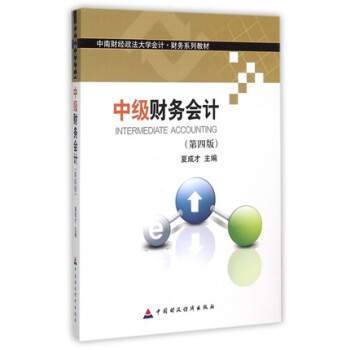
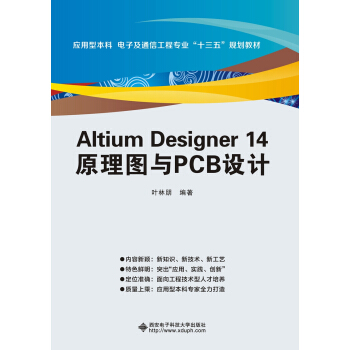

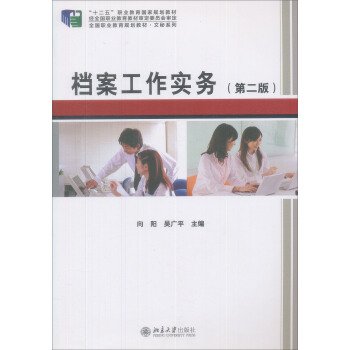
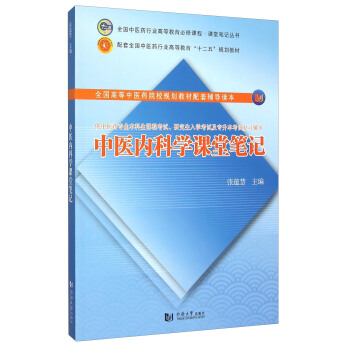
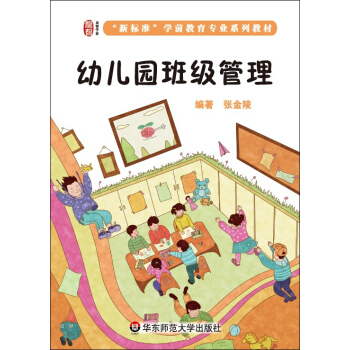
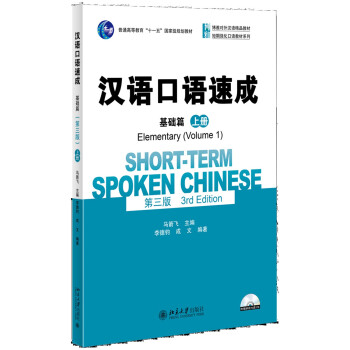

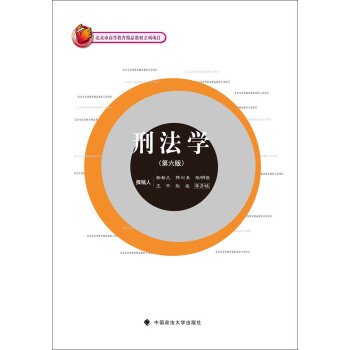
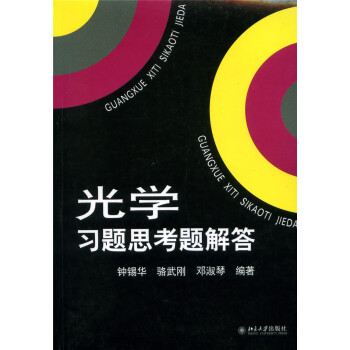
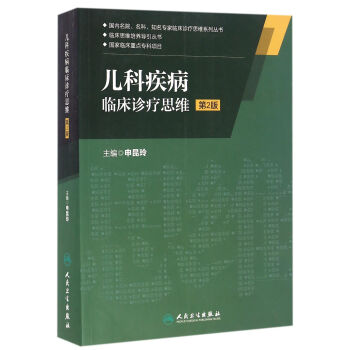
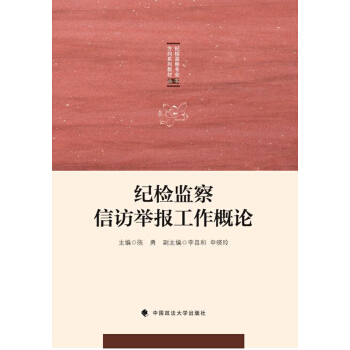
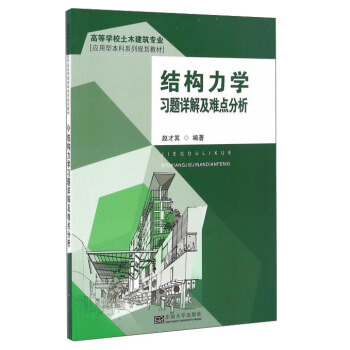
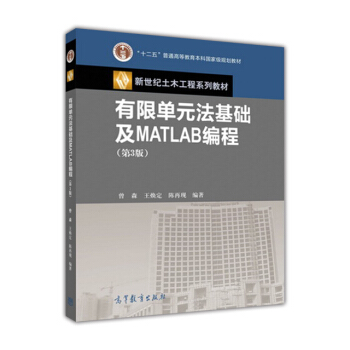
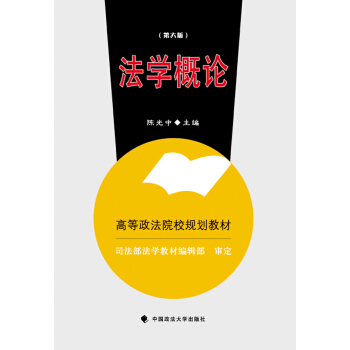
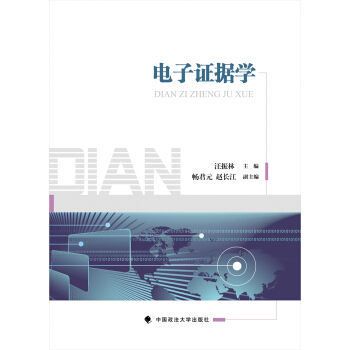
![税务会计与税务筹划(第5版) [Taxation Accounting and Tax Planning] pdf epub mobi 电子书 下载](https://pic.windowsfront.com/12032008/57d7525dN43a8e0b4.jpg)

